As a teenager, Abel Obetta had big dreams. Following his father’s death, he knew life would never be the same again. So, the feeling of uncertainty grew. Growing up in a poor family where he was the first of three children, he started caring for his siblings at a very young age. Later, he would become the breadwinner and the only hope of the family. But at a time life began to take a solid shape at 32, Abel met the grim reaper and darkness enveloped his family again.
In his Ehalumona village in the Nsukka area of Enugu state, in Nigeria’s Igbo-speaking south-east zone, Abel was a bright star, one of the “budding scholars” as friends would describe him. But his father’s demise began to have a strain on his education as his mother, a petty trader, could not single-handedly support his academic pursuit. Then, the Catholic Diocese of Nsukka took him up and offered him a scholarship. From St. Theresa College, Nsukka, he passed his ordinary level examinations with flying colours, aced the Joint Admission and Matriculation Board (JAMB) examination and got admitted into the University of Nigeria, Nsukka (UNN) to study medicine.
Abel was excited and hopeful, and so was his family. At last, things would finally take a new turn, they thought. While at UNN, he was not just a medical student, he was also a vibrant politician on campus. O’Better, as he was fondly called by his peers, was popular on campus and always wanted to help the people around him. After he completed his medical degree in 2017, he proceeded to the University of Nigeria Teaching Hospital (UNTH) for his internship. Again, he continued his quest for political leadership at UNTH and ran for a post to represent the junior doctors. His campaign slogan was “Abel is Able”.
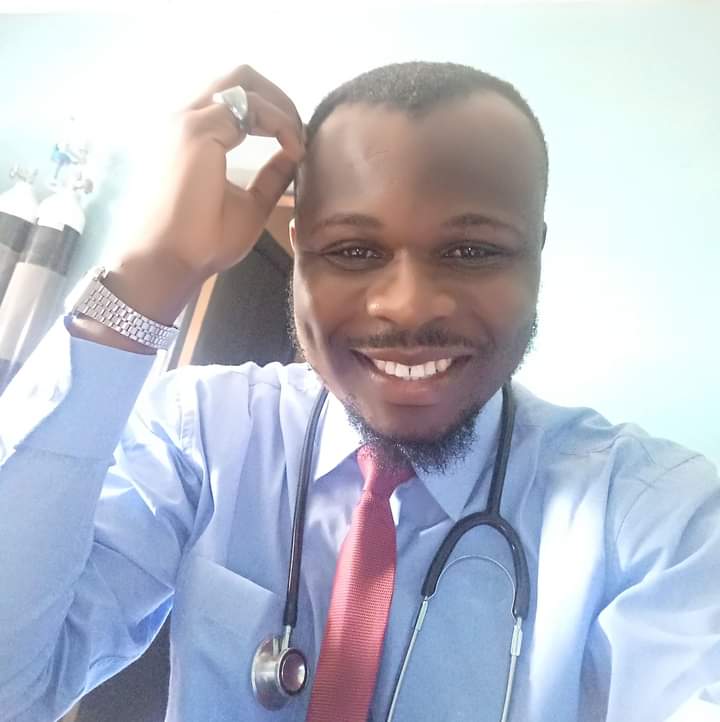
It was at UNTH that he met Samuel Uchenna Aliejim, a Ukraine-trained medical doctor, who came back into the country to practise.
Advertisement
Burning with the urge to achieve his dreams, Samuel left the shores of Nigeria to study medicine at the V.N. Karazin Kharkiv National University, Ukraine, and graduated in 2017. Immediately, he returned to his country and sat for the licensing examination of the Medical and Dental Council of Nigeria (MDCN). He passed and interned at UNTH where he crossed paths with Abel. An avid lover of tennis, Samuel was athletic and handsome. While in Ukraine, he won the Mr Kharkov beauty pageantry in 2013.
Although Samuel was about two years younger than Abel, they both had a similar vision of their future. They were practically inseparable. Moreover, they hailed from the same state; so, they were called Enugu boys.

Amy Nwoku, a medical doctor who interned with Abel and Samuel at UNTH, described the duo as best of friends who always walked and ate together.
Advertisement
She noted how she came in afresh to the medical school and needed accommodation urgently, but someone she knew asked Abel to help her and he did, not minding that they had not met before. They later linked up at the hospital ward and she thanked him for coming to her rescue.
Amy recalled how she once opposed Abel when she felt he had made a wrong decision on an issue. Others supported her opinion but Samuel stood by Abel, she said.
“I remember going to Samuel to ask him to beg Abel not to do what he wanted to do. Samuel said he had talked to him, but at that stage, all he had left to do was be with his friend no matter the decision he made. And he stood by him until the drama was over,” Amy said.
“Abel was a political person. He was running for house officer’s representative that year. Samuel was a gentle soul, quite outgoing. He was very intelligent. Samuel was the only house officer who showed up for clinical meetings with a notebook. That used to drive me crazy.
Advertisement
“When we weren’t working, they were together. Samuel had a car. You would always see them together in it. I never saw them fight.”
SOUL BROTHERS ON A MISSION
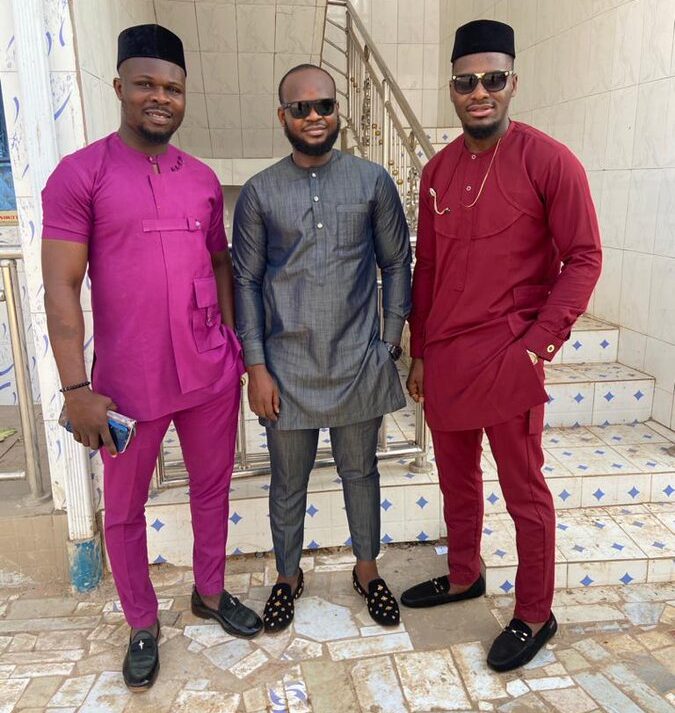
After their internship, Abel was posted to Igboho — a rural agrarian community in Oyo state, located in the Yoruba-speaking south-west geopolitical zone — for the National Youth Service Corps (NYSC) scheme in 2020. As a corps member at the general hospital in the remote community, he connected with the locals and other patients from neighbouring villages. There and then, he saw a huge gap in healthcare services in the area during the COVID-19 pandemic and the need to fill it. He broached the idea with Samuel, who had undertaken his NYSC programme in Delta state, and he liked it.
Toluwalope Temenu, who participated in the NYSC scheme in Igboho during the same period, said Abel saw an imbalance in healthcare delivery and how many lacked access to it.
Advertisement
“If my memory serves me correctly when we spoke about him staying back, it would have most likely been due to his passion to do something substantial in the community. Abel often sees the problem and a solution,” Temenu said.
“I remember one time we wanted to have a health talk for students and he just went ‘Oh! Let’s teach them about menstrual hygiene; we will need cardboard and all’, and he was available to teach them.
Advertisement
“He also once spoke about wanting to do his master’s degree in public health.”
As soon as they finished serving their fatherland, Abel waited behind in Igboho when most of his colleagues had left the town and returned to their bases. Samuel joined him in order to set up a clinic to cater for the underserved members of the community, especially in the area of maternity care.
Advertisement
What the future held for them in a strange land, they didn’t know. Armed with their stethoscopes and aspirations, they braced themselves for the task ahead. Their new start-up was named West Choice Hospital and Maternity. It was established in January 2021 and incorporated three months after on March 8.
They recruited a few staff and operations commenced. Patients began to troop in and the two doctors would attend to them from morning till dusk. It became one of the busiest hospitals in town. They had to request a nearby building to extend their operations and serve more locals.
Advertisement
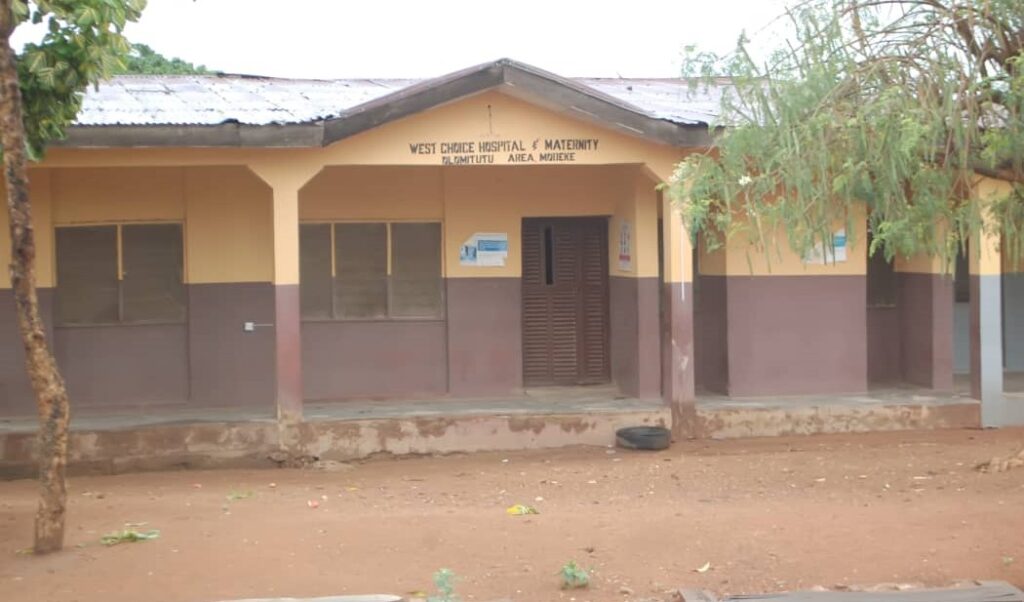
Igboho is not just a sleepy town mostly populated by petty farmers; it lies in the stilly hinterland of Oyo, one of the states ravaged by Lassa fever, an endemic disease in Nigeria and some West-African countries. Data from the Nigeria Centre for Disease Control (NCDC) show that the disease is currently in 24 out of 36 states of the country.
According to the World Health Organisation (WHO), Lassa fever is a viral haemorrhagic fever that is primarily transmitted to humans via contact with food or household items contaminated with urine or faeces from Mastomys rats.
“Though to a lesser extent, secondary human-to-human transmission can also occur through direct contact with the blood, secretions, organs or other body fluids of infected persons, especially in health-care settings,” the WHO stated.
In 2020, at a time the COVID-19 pandemic was its peak, the NCDC reported 1,165 Lassa fever cases, while 4,632 cases were confirmed in 2021.
As of June 2022, the NCDC said 5,009 suspected cases have been recorded, while 155 people have died from the disease in 2022 – the highest number of deaths recorded in four years.
Lassa fever is associated with high morbidity and mortality, but early treatment and diagnosis can increase the chances of survival.
BEFORE TRAGEDY STRUCK
On January 26, 2020, a month before the first case of coronavirus was confirmed in Nigeria, Abel posted on his Twitter page about the deadly Lassa fever that was ravaging the country, at a time Nigerians were preoccupied with fears about the COVID-19 pandemic that had not yet infiltrated the country.
“Y’all talking about coronavirus that is not here yet when there is a current outbreak of Lassa fever. Lassa has claimed the life of health workers more than the patients. You won’t hold your government accountable for the failure of the health system. You’ll still blame doctors,” he wrote on Twitter.
“My mum just called me and asked if I’ve heard of the recent outbreak of Lassa fever. I told her yes, then she went on to advise me to be careful while handling patients. I could feel how worried she was. God bless my mum!”
My mum just called me and asked if I've heard of the recent outbreak of lassa fever. I told her yes, then she went on to advice me to be careful while handling patients. I could feel how worried she was.
God bless my mum!
— Trading Busters (@TBusters_AI) January 26, 2020
Abel’s frustration was understandable. In 2018, Victor Ahmed, his close friend and classmate at UNN, died of Lassa fever. Victor and Abel both graduated from medical college in 2017. Victor had barely earned a month’s salary from his internship at the medical centre when he was diagnosed with hemorrhagic fever while treating some patients at the Federal Medical Centre (FMC) in Lokoja, Kogi state. He died 48 hours after diagnosis.
Victor’s friends described him as a man of valour with dreams of reforming Nigeria’s health sector. But death snatched him in his prime. Abel also mourned him.
With that, Abel could not just sit in total silence while the government was diverting all resources and attention to the “new global disease”, while the home-grown malady that bludgeoned Victor, his classmate, to death was hanging loosely on his head.
The Nigerian Medical Association (NMA) had complained about the poor attention being paid to other infectious diseases like Lassa fever which affects more of the lower class of the society. But the hue and cry elicited little response at that time. The government was beaming its focus on COVID-19, the killer disease that knows no social status.
Soon, Abel’s fears became a reality.
A JOURNEY OF NO RETURN
According to Aminat Tijani, a 19-year-old apprentice at West Choice Hospital, some patients who had presented malaria symptoms were admitted to the facility in early February. But a few weeks after, she was the first staff to feel the same symptom presented by the patients. Then she fell sick.
Aminat said she didn’t bother to inform the doctors about her sickness and the symptoms but she told Happiness Owoh, a nurse in the hospital. Happiness was surprised because she was experiencing the same symptoms. They decided to get drugs from a pharmacy, but that didn’t make their conditions better. Within a few days, Abel, Samuel and Nimota Isiaka, a 20-year-old apprentice of the hospital, also began to show the symptoms.
The two doctors asked one Dauda Agunpopo, who had helped them procure the hospital building, to take them to another hospital in Saki, a neighbouring community, for better medical treatment. But their conditions started getting worse. The five of them were immediately referred to the University College Hospital (UCH), a tertiary medical institution, in Ibadan, the state capital. Yet, their conditions degenerated.
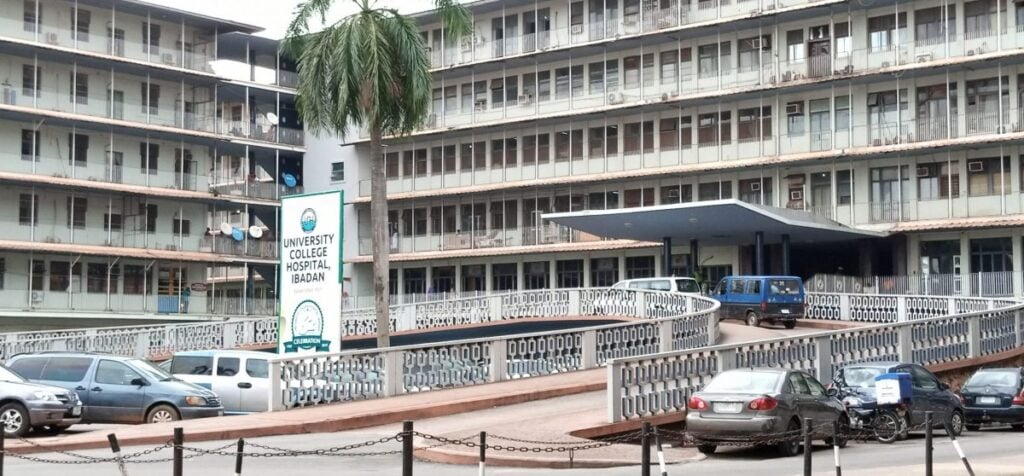
On February 28, Abel died at UCH. The next day, March 1, Samuel also succumbed to the illness. Happiness and Nimota followed suit. Aminat was in a coma for weeks, but she survived.
When the news of the demise of the two young doctors hit town, their families were devastated and colleagues were inconsolable. Abel was 32, and Samuel was 30. To many, it was a deep mystery.
One of Abel’s classmates at UNN and UNTH, who simply wanted to be referred to as Dr David, recalled his last conversation with him when he was on the sick bed.
“I had a chat with him a few days before he died. At the time, he was treating malaria. I was shocked when I got a call from my friend in the UK that both Abel and Sam were at UCH. Abel was unconscious and they were trying to reach a family member. We reached out to a classmate at UCH who confirmed the unfortunate news. It all escalated too quickly,” David said.
The last time Abel and Declan Ugwu, his childhood friend and car dealer, saw each other was on December 30, 2021, in their village in the south-east. On January 25, Abel chatted with Declan on WhatsApp that he would soon visit him in Lagos to purchase a vehicle.
“I’m coming to buy a car by May, Insha Allah, Lexus or spider,” Declan showed this reporter their last Whatsapp conversation. The next time he would hear about Abel was his shocking death.
Declan recounted how Abel tutored him in their village while he was preparing for the West African Examination Council (WAEC) assessment. “He was top five in secondary school,” Declan smacked as he reclined into his chair.
In less than a year of its operations, the once-booming West Choice Hospital and Maternity has become a vacuum. It was fumigated and shut down following the untimely death of its founders. To the immediate community they served briefly, the tragic departure of the young men who brought hope closer to their doorsteps has left a void in their hearts.
The remains of Abel and Samuel were transported to their hometowns where they were interred by health officials, according to the standard medical procedure.
OF LASSA FEVER AND SPIRITUAL BELIEFS
In some rural Yoruba communities, superstitious beliefs are still held in high regard such that pregnant women are expected to attach safety pins to their clothes to drive away evil spirits.
Speaking with residents of Igboho — who are mostly Christians, Muslims and traditional worshippers — superstitions were rife about the cause of death of the two young doctors.
When this reporter mentioned Lassa fever, they sniffed in mockery. They said the staff of West Choice Hospital were victims of a spiritual attack. While the two doctors, Happiness and Aminat were referred to UCH, the family of Nimota did not release her for medical care. She was taken to a white-garment church for healing. But she eventually died in the church.
When this reporter met Nimota’s father, the chairman of the National Union of Road Transport Workers (NURTW) at Owode motor park in the community, he broke down and cried. He tried to speak, but words failed him. The interview was aborted.
Agunpopo, however, claimed that Abel privately told him that it was more of a spiritual attack than a medical issue, even with the fact that they were already diagnosed with Lassa fever.
Aminat, the only survivor, also believes that it was a spiritual attack and the hospital was haunted.
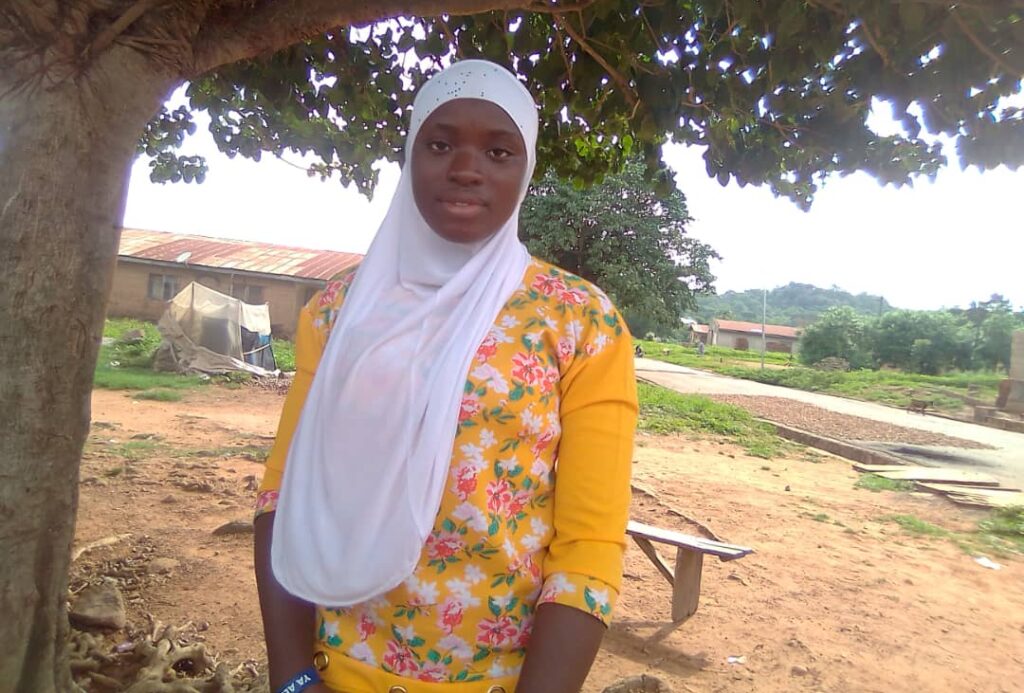
“I was in a coma at the UCH where I spent 16 days before I recovered. I don’t believe it was Lassa fever. Quadri, the man that followed Abel to Ibadan, said the doctor told him that he saw a strange wind carrying a fetish calabash into the clinic. And we began to feel sick,” Aminat said, her mood clearly despondent.
THE MEDICAL WORLD CONTINUES TO TAKE THE HIT
The demise of the two young doctors rattled the world of healthcare professionals who are at the frontline of the COVID-19 pandemic and other infectious diseases.
In January, they lost Samuel Nyityo, a medical doctor working with the WHO in Makurdi, Benue state, to Lassa fever. Some weeks after, Abubakar Saleh Moriki, a doctor, and Hamza Abubakar, a health officer, also fell to the viral disease at the Ahmadu Bello University Teaching Hospital (ABUTH), Zaria, Kaduna state. NCDC says 52 health workers have so far been affected by the disease in 2022.
In a statement issued in response to the death of Abel and Samuel, Ayotunde Fasunla, Oyo state chairman of NMA, said it was a sad week.
“The tragic deaths occurred within a space of 72 hours. It is indeed a sad week, and our eyes are still soaked in tears,” the NMA chairman said.
“While we thought that COVID-19 had done its worst, we are now dealing with another onslaught of a Lassa Fever outbreak. Furthermore, we are worried about other health workers who have had contact with the diseased unknowingly. We have advised them to quarantine and report if they develop any symptoms of viral hemorrhagic fever.
“We appeal to the Oyo State Government to conduct intensive surveillance and sensitisation on Lassa Fever outbreaks in the affected communities as well as across all local government areas in the state.”
Fasunla appealed to the management of health institutions to provide personal protective equipment (PPE) to health workers to minimise their exposure to the disease, while he asked doctors to treat febrile illnesses with a high index of suspicion.
Over the years, the country’s health sector has been plagued with a plethora of challenges and the workers are not spared. From inadequate facilities to poor welfare and abject working conditions, the healthcare workers are overwhelmed and often resort to industrial actions. This became evident during the height of the coronavirus pandemic when the doctors downed their tools over a lack of PPE and poor hazard allowance of N5,000 ($13) monthly.
Most of the issues raised by the doctors remain unresolved and this has led to the mass exodus of healthcare workers from the country to foreign lands in search of a better life, leaving poor Nigerians to their fate.
As of 2020, the federal government said the country had a doctor-patient ratio of 1:2,753, a far cry from the minimum recommended ratio of 1:600 by the WHO. In April 2022, Innocent Ujah, NMA president, said the ratio is now one doctor to 5,000 patients.

The NMA president said due to the ongoing brain drain in the sector, Nigeria has just 315,426 medical doctors to cater for its over 200 million people. The Medical and Dental Consultants Association of Nigeria (MDCAN) added that over 100 medical consultants left Nigeria in the last two years.
“Available records show that between 2016 and 2018, Nigeria lost over 9,000 medical doctors to the United Kingdom, Canada and the United States of America. The loss left Nigeria with only 4.7 per cent of its specialists to service the healthcare needs of the most populous black nation in the world. This does not paint the country in a good light at all,” Ujah said.
“Unfortunately, Africa and our country, Nigeria are faced with a disturbing shortage of health workforce.”
According to Dr David, Abel and Samuel also had the opportunity to leave the country like their colleagues heading out for greener pastures. But they decided to invest the money they had saved to start a clinic and cater for a rural community.
“Every doctor post-service has the chance of leaving Nigeria. But Abel and Samuel were believers in Nigeria; they wanted to make it here. So, they chose to stay,” David told TheCable.
While the two young doctors felt they had a lot to offer their country in terms of quality healthcare delivery in rural communities, most of their colleagues interviewed by this reporter believe that the nation failed them and buried their dreams.
This is a special investigative project by Cable Newspaper Journalism Foundation (CNJF) in partnership with TheCable, supported by the MacArthur Foundation. Published materials are not views of the MacArthur Foundation.
1 comments

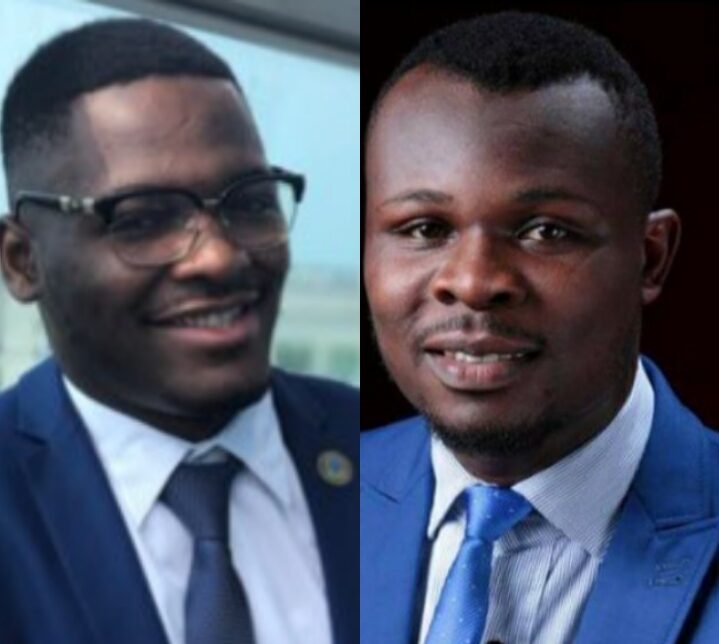
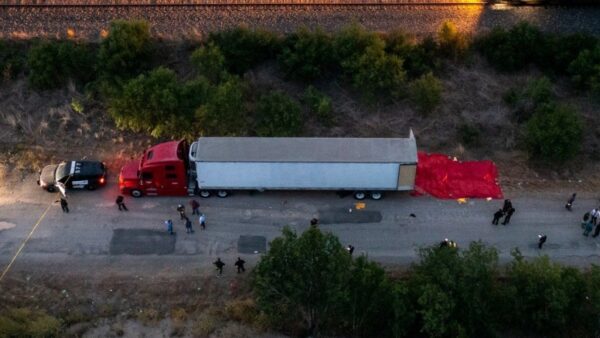
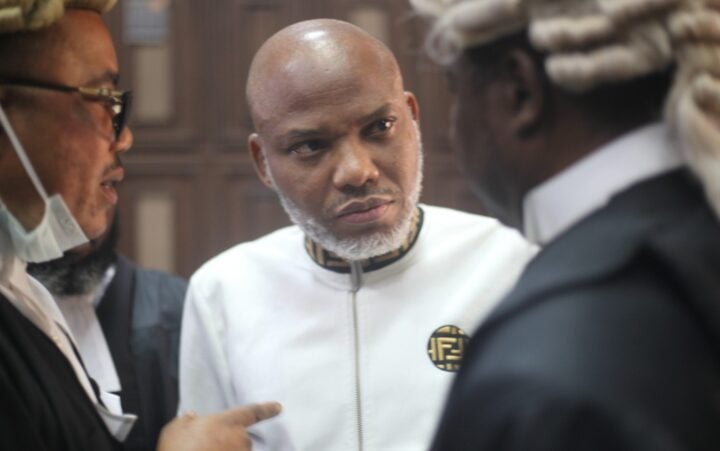
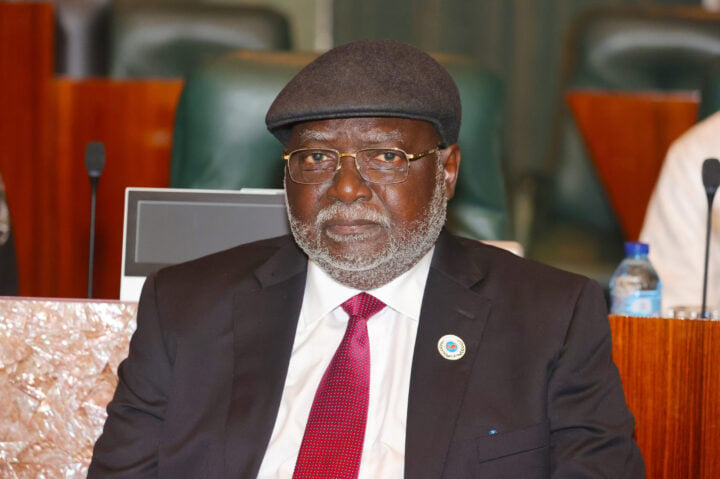
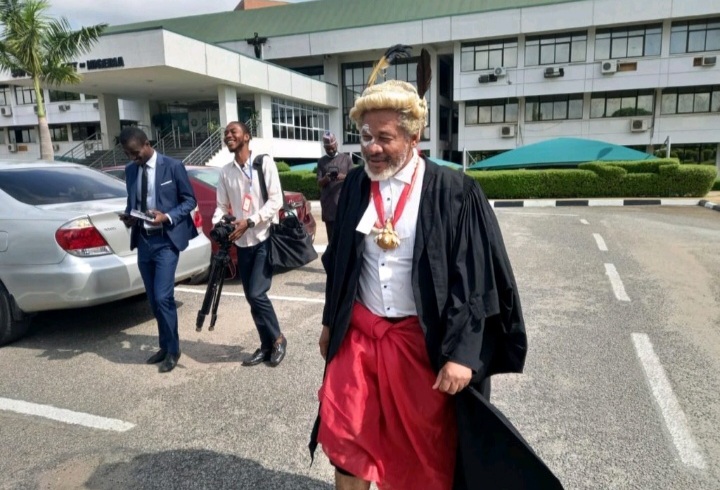


And yet someone will still ask us to vote for PDP/APC……
With all their years in government they have failed to improve our health sector.
GOD FORBID BAD THING!!!
WE NEED TO TAKE BACK NIGERIA